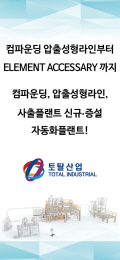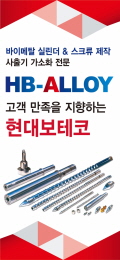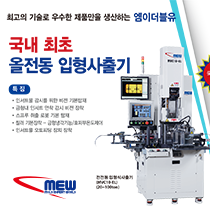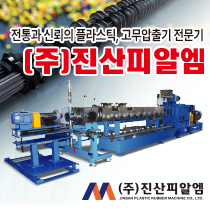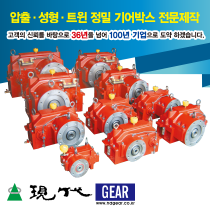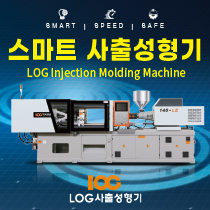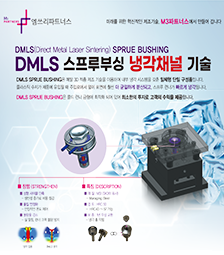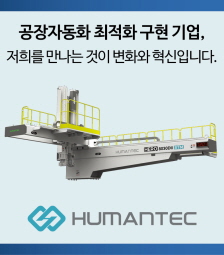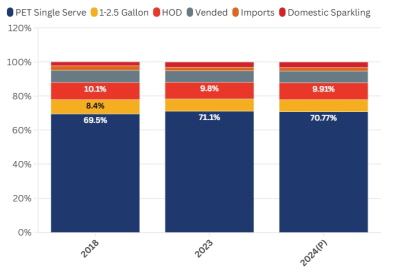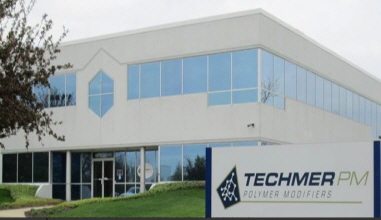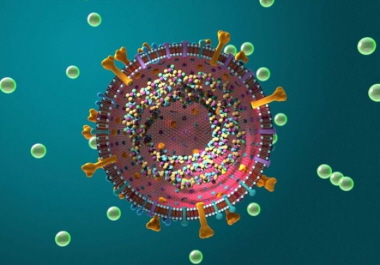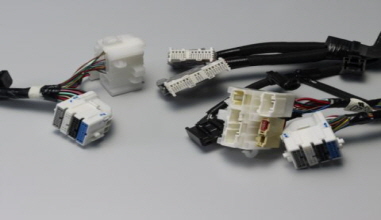Chemical reports
Thermoset resins set to feature heavily in next-generation drive trains
By: Stephen Moore in Automotive and Mobility, Compounding, Injection Molding
Thermoset resins continue to play an important role in metal replacement and lightweighting in motor vehicles. And Japanese firm Sumitomo Bakelite continues to push the application envelope through the development of new phenolic resin matrix-based materials targeting the auto sector.
![]()
▲ Motorcycle engine housing molded from phenolic resin compounds saves weight and reduces engine noise.
One such development turns to the ancient Japanese art of wet papermaking in a wet-laid nonwoven forming technology that interfaces and aramid or carbon fiber “entangled fiber network” with a phenolic resin molding compound. Sumitomo Bakelite envisages application in gears, where the technology has shown to be capable of reducing noise by 10 dB at a torque of 10 Nm and 1000 rpm (the counter material was an S45C steel gear). Further, gear compounds are typically 50–60% lighter than aluminum die-cast alloy gears. Sumitomo Bakelite has also developed a conductive grade for electromagnetic shielding applications.
In other developments, the company has developed a long fiber-reinforced phenolic resin moldable compound that boasts shorter molding cycles compared with CFRP prepregs. Further, Sharpy impact strength is 10-times that if short fiber-reinforced phenolic resin compounds (30 kJ/m 2 versus 3 kJ/m 2) on account of the long fibers (4–6 mm versus 0.1–0.2 mm length). The compound is 34% lighter than aluminum and 77% lighter than medium carbon steel (S45C).
![]()
▲ Brake pads can be molded with integral back plates in an insert injection-molding process.
Sumitomo Bakelite is also challenging the extremes of dimensional stability for thermoset molding compounds with grades Sumikon PM-5240 and 5245. Tests indicate that the standard deviation in internal diameter of parts molded from these grades is of the order of less than 0.005% while concentricity is in the range of 10–20 microns.
Besides the driver train, Sumitomo Chemical believes thermoset resins have a role to play in bringing vehicles to a stop. Case in point: the company is developing an insert injection-molding process for back-injecting brake pads with a phenolic resin back plate.
Sumitomo Bakelite has also joined forces with the Fraunhofer Institute for Chemical Technology ICT to joint develop composite materials for innovative functional and structural engine parts. Over the coming years, the two partners will work together to make drive trains lighter, better and more compact, and of course to integrate Sumitomo Bakelite materials into a variety of new applications.
One such example is an engine housing for the BMW F650 water-cooled single cylinder (650-cc) motorcycle engine. Current die-cast from aluminum, switching to a phenolic compound would reduce the engine’s overall weight (including the mass of the cylinder) by 14–28%, while thermal efficiency would also be improved and engine noise would be reduced by 5 dB. Engine performance is equivalent to an aluminum engine housing.
According to the project leader at Fraunhofer, Lars Fredrik Berg, the technology has further potential: “Besides cylinder housings and engine blocks, fiber composites such as Sumitomo Bakelite’s high-performance composite materials can be used in many other components in the drive train, to reduce weight and improve overall performance.” The materials are also opening up new possibilities in component design: “We are just starting to explore a range of new benefits and options which would not be possible with aluminum,” Berg explains.
“Sumitomo Bakelite materials offer significant potential for application in and outside the drive train,” adds Pieter Vanderstraeten, CEO of Vyncolit, the European production company for the composite molding compounds of Sumitomo Bakelite in Belgium. The cooperation with Fraunhofer will accelerate the automotive industry’s adoption of these materials for innovative functional and structural engine parts. Sumitomo Bakelite Co., Ltd. is launching the sbDRIVE initiative to the automotive industry for the full development of lightweight solutions at acceptable cost in the automotive powertrain. It includes concept work, design iterations, composite material development and production techniques, prototyping, and validation testing up to industrialization for large-series production. In all of these fields, an intensive cooperation with Fraunhofer has been agreed.

